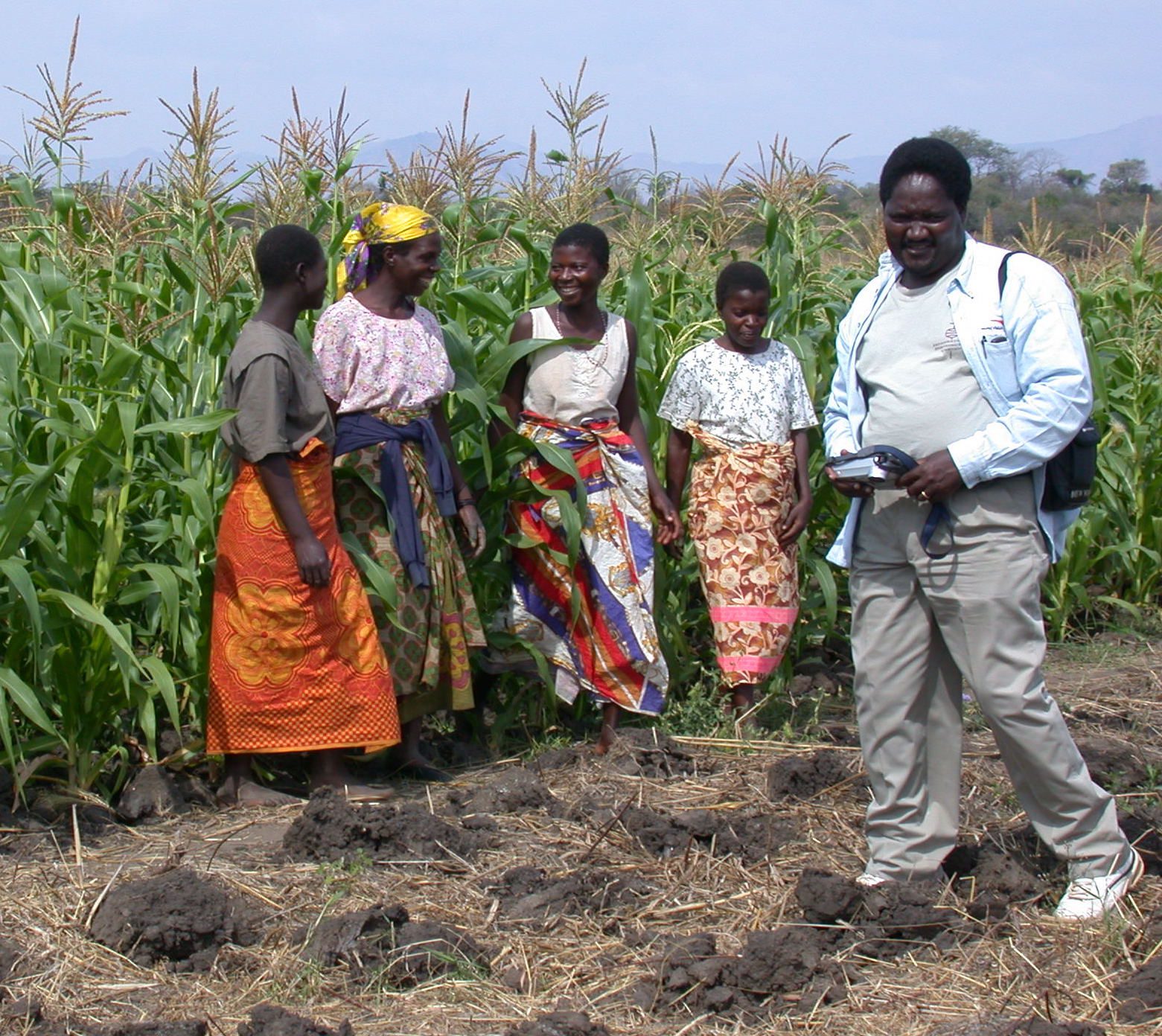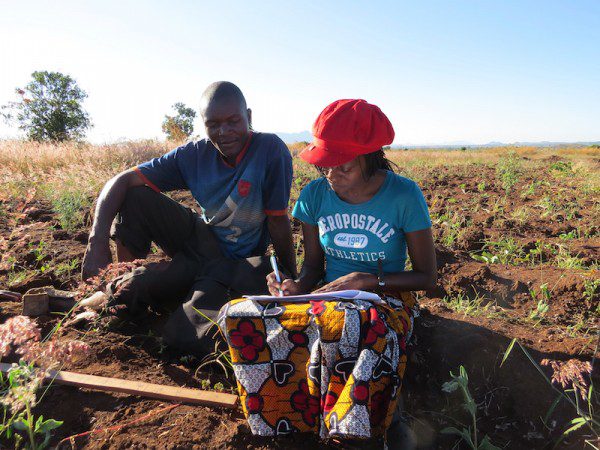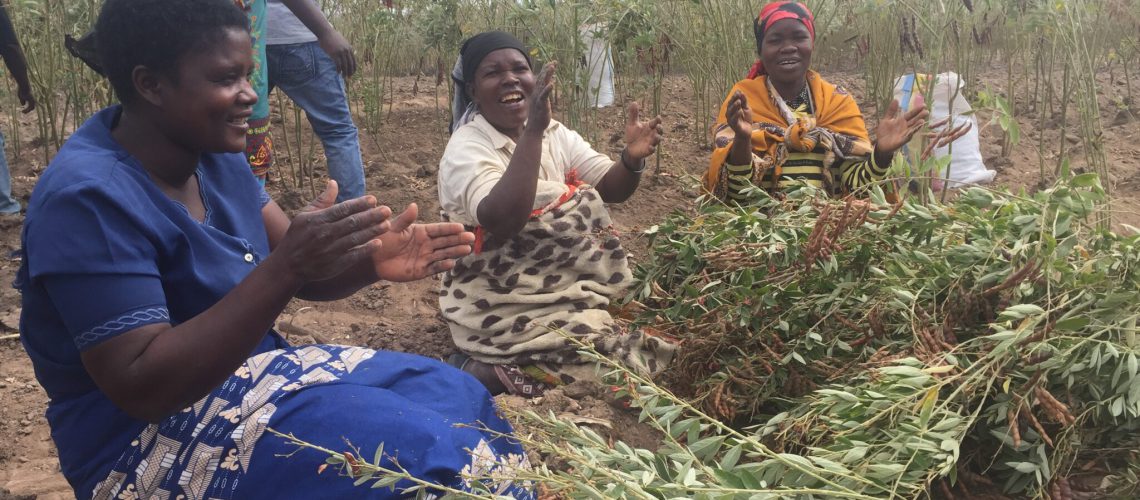Michigan State University is one of OpenTEAM’s original member organizations from 2019. The Michigan State University Hub, located in Malawi, is led by Dr. Sieglinde Snapp, professor of soils and cropping systems ecology and Associate Director of the Center for Global Change and Earth Observations. In Malawi, they are working to build farmer-centric networks of extension officers, researchers, and farmers to generate a new way of working in agriculture that bridges farmers’ indigenous knowledge and researchers’ understanding of soils to create a better functioning farm.
The Malawi Hub is based out of the MSU Global Change Learning Lab, which facilitates agroecology research throughout Sub-Saharan Africa. The co-learning lab is providing a platform where researchers can make long-term observations while interacting directly with farmers through on-farm experiments. Dr. Snapp was inspired to create this learning lab when she first visited the area in 1993.
“I could see that traditional approaches to understanding agriculture and soils were just not working. The idea of sending in soil samples from a small-scale farm, who were very poor farmers, and then they would somehow have to analyze the information sent back, it just seemed untenable,” she says.
Dr. Snapp, along with others, decided to rethink how they approached agricultural research through the Global Change Learning Lab. “I realized more and more science is done on just a few research stations that aren’t very related to the real world. There are huge gaps between researchers and farmers,” she states. They needed to find a way that was more farmer-centric and took into account farmers’ own capabilities to enact new processes on their farms.
Researchers developed new methods to reverse the usual top-down approach by having farmers inform and contextualize the research that is happening, ultimately making each farm they work with a research farm. Using this participatory research method, researchers interact directly with those who actually manage the land. Informed by this, researchers can provide farmers with options that can improve their agricultural practices while being conducive to their needs and capabilities.

This is realized by Dr. Snapp’s innovative “mother-baby” trial design that links farmer-led and researcher-led research together. Through this, farmers’ own knowledge and choices inform the research happening at the university level and farmers themselves can be exposed to a wider range of ideas and options.
“It’s a way of communication, that what farmers choose tells researchers something about which practices farmers like the best and how farmers adapt things is a way for researchers to learn. What is in the mother trial, that has all the options, is a way for farmers to be exposed to a wider range of options,” says Dr. Snapp.
This newer way of thinking creates positive feedback loops where farmers’ choices inform research and the research informs the farmers’ choices. Creating a process where farmers and researchers can learn from each other in a multi-faceted way.

Current research at the Malawi Hub focuses on giving farmers options in the field as they learn about their soil health. Over the past year, Malawi extension educators went to a thousand farmers and walked the fields with them, using the reflectometer tool provided by Our Sci, to give real time data on soil carbon status. This was the start of a conversation with farmers, asking what farmer’s observed. If farmers had observed issues such as parasitic weeds like ‘striga’, also called witchweed, and other signs of degradation, then options for soil rehabilitation were discussed. By knowing certain characteristics of a farmer’s soil, the educators can suggest options that farmers can try to fix their soil health. Exploring options and engaging in learning together is the start of an entirely new way to do research, a farmer-centric and community based approach.



No comment yet, add your voice below!